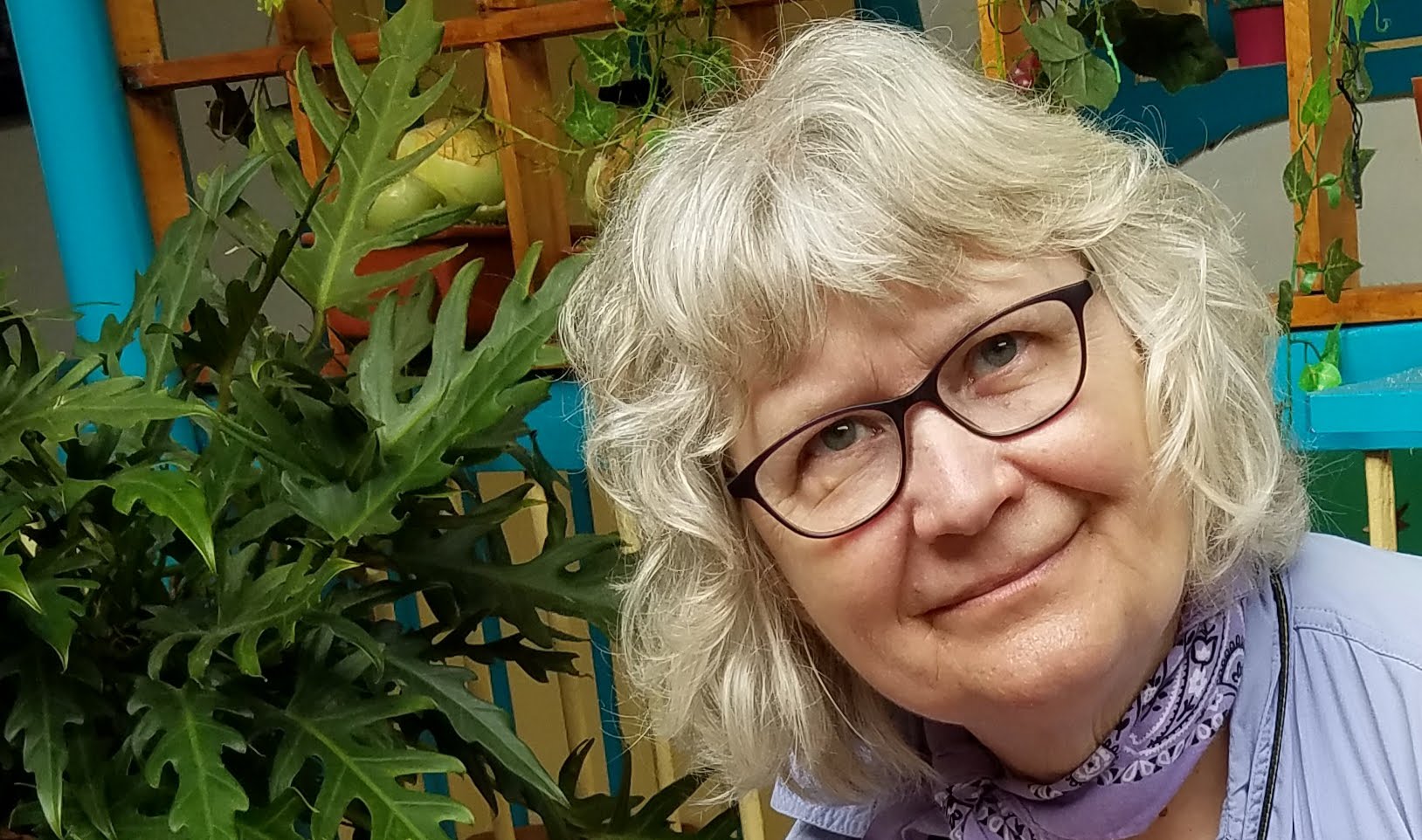It’s day two after election day, and we still don’t know who will be president. In an effort to avoid obsessive magic wall election coverage, I’ve turned to Exhalation, a short story collection by a master of speculative fiction, Ted Chiang.
I found there the first story I had read by Chiang, in our former short story discussion group at the Osher Lifelong Learning Center. I miss our bi-weekly meetings, abandoned since Covid-19. The story poses a simple question: why is there such an earnest search for extraterrestrial life when we have interesting, intelligent species right here on earth with which we have never seriously tried to communicate? The narrator, a parrot, poses that question, and it’s worthy of consideration. Birds are highly intelligent and have subtle range of vocalizations. Why have we never made a serious effort to understand them?
I personally think crows are the next master race, so it makes sense to me.
The other stories in the collection pose generally use the science fiction writer’s staple, imagined future technology, to pose philosophical problems of morality, free will, and the influence of the past on our decisions. My favorite is a device called a prism, in the story “Anxiety is the Dizziness of Freedom,” which uses sophisticated computer technology to set up mirrored interpersonal conversations, which can develop into parallel lives. This creates the need for a whole new branch of psycology, as clients struggle with their feelings about their paraselves and their divergent actions. Watching the characters grapple with these feelings, as well as with the temptations for criminally exploiting the new technology, adds the human and philosophical dimension that I need in a good story to keep me engaged.
In “The Truth of Fact, the Truth of Feeling,” Chiang explores the effects of a lifelog video technology that can provide pinpoint playback of any episode of the characters’ lives. Matching memory with lifelog poses some interesting questions about the stories we construct about our own lives and the effect of misremembering on relationships and the transition from print to visual communication. Change adds another dimension with the juxtaposition of an account of the transition from oral to print culture, which raises corresponding questions about how we remember and determine whose memories are truthful.
In this election season, it makes me uncomfortable to confront questions of relative truth. I want to find a way back to an agreement on facts and a shared basic version of history. In “The Truth of Fact, the Truth of Feeling,” the narrator grieves over the damage when he misremembers his own fault in an argument. The lifelog confronts him with the lie he has been telling himself, and he tries to make amends.
Until recently, it would have been hard for me to imagine that a video clearly showing that a candidate has lied and then lied about lying would be met with a collective shrug of the shoulders. Maybe agreement on a shared set of facts and a collective version of history has always been an illusion, but I think we long to move closer to that kind of accord. It starts with examining the record, but it can’t go any further without remorse and atonement for what we have misremembered.
As Chiang puts it at the end of the first story, “The Merchant and the Alchemist’s Gate”: Nothing erases the past. There is repentance, there is atonement, and there is forgiveness. That is all, but that is enough.
I won’t hold my breath for Donald Trump to repent and atone for the lies on his lifelog, but maybe soon we can at least get these ballots counted, exhale, and get on with our lives.



